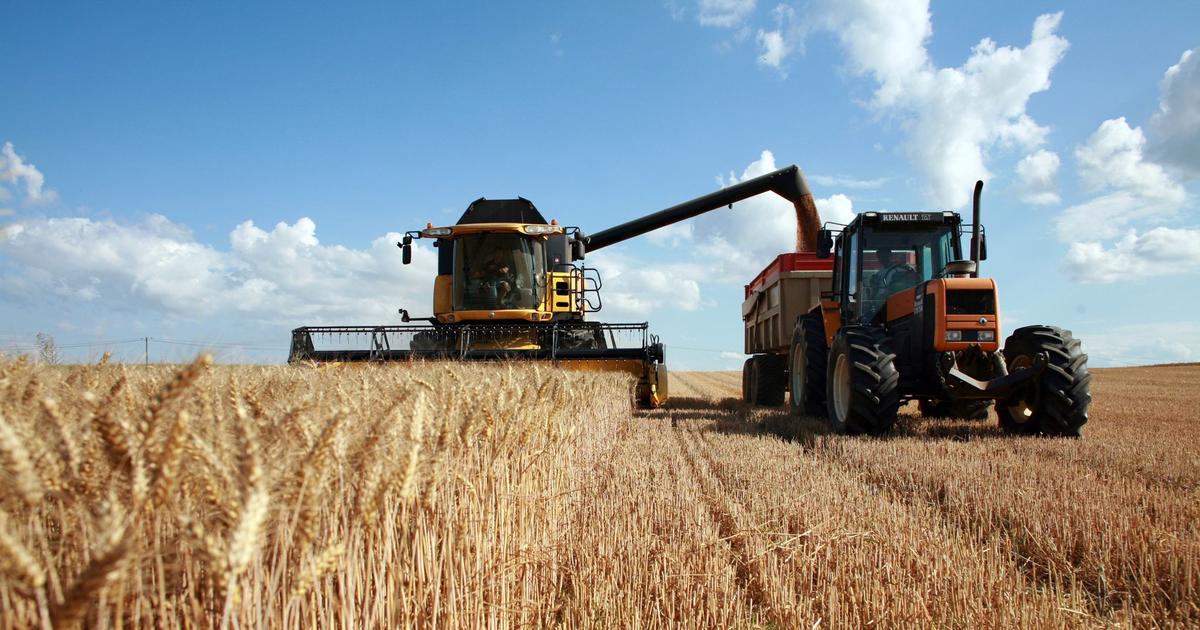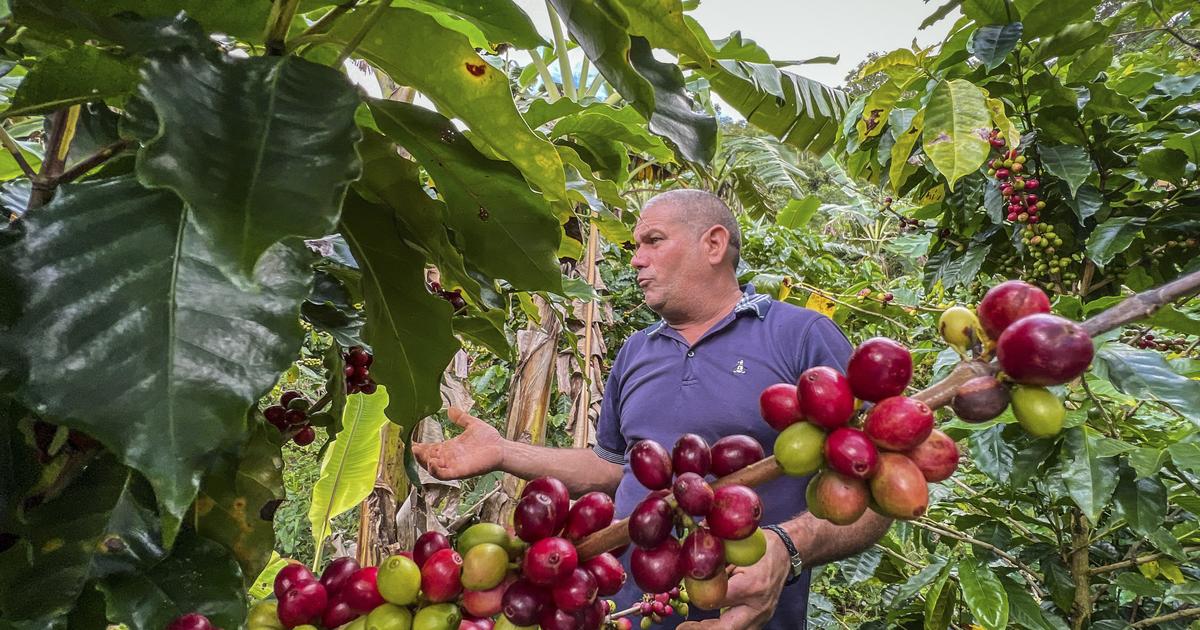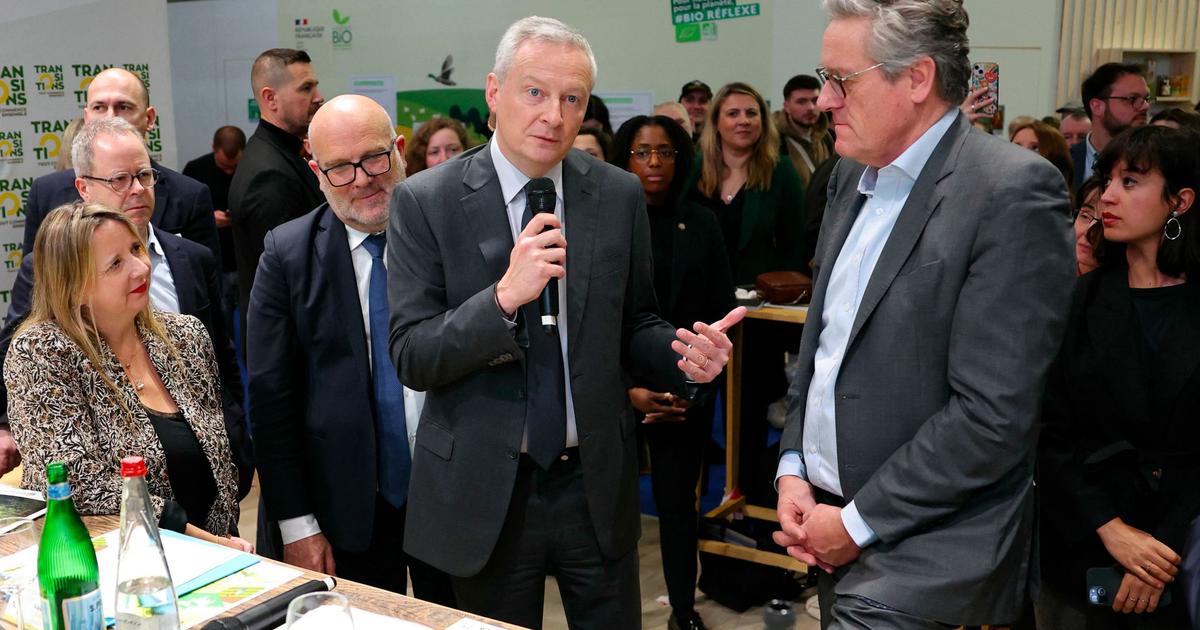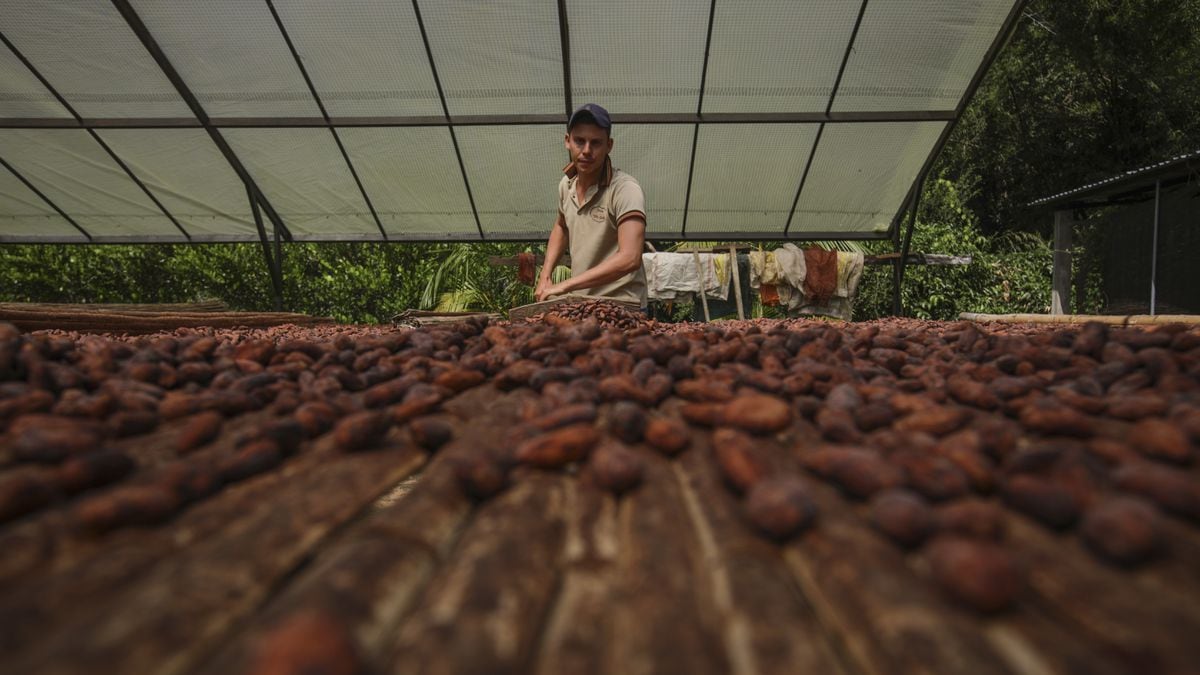It was a long-awaited reform by the agricultural world.
As the Agricultural Show opens its doors this Saturday, Parliament passed the bill on Thursday evening which overhauls the system of cover for farmers in the event of crop failure due to frost, hail or drought. .
Sketched out in September by Emmanuel Macron, this reform was decided after the late frost in the spring of 2021, which highlighted the vulnerability of farmers to climatic hazards and the weaknesses of a
“breathless”
system .
"
This is a historic reform, the fruit of intensive parliamentary work",
welcomed the Minister of Agriculture, Julien Denormandie
.
Read also
Booming agricultural work companies
The text of the law provides for the establishment of a universal harvest compensation scheme (climatic multi-risk) from 1 January 2023. Among other things, with the objective that half of the crops be insured by 2030 against the risks more and more frequent and intense (approximately 18% of crops are covered today).
The new system has three stages.
At the first level, farmers bear the smallest losses out of their own money (certainly up to 20%).
Beyond (between 20 and 50%), they are covered by private insurers.
Finally, public funds will take over to respond to disaster situations (frost, floods, etc.).
As for state subsidies, they will amount to 600 million euros per year.
To encourage farmers to take out insurance, the State will increase the subsidies it grants on insurance premiums (surely 70% of the amount).
And the compensation paid under national solidarity will be reduced for operators not covered.
Strengthen competition
A mechanism for "modulating" the installation aid will also encourage young farmers to take out multi-risk climate insurance as soon as they start their business.
The subsidy levels and the precise thresholds will soon be fixed by decree or ordinance.
For their part, the insurers, the keystone of the system, will have to work within the framework of a
“group”
(or
“pool”
).
All players in the sector should be obliged to adhere to it.
This will make it possible to share data and pool risks to establish the fairest possible insurance premium.
Read also
Agriculture: these small sectors which relocate their production to France
“This pool will make it possible to better price premiums while strengthening competition in the crop insurance market,”
says Pascal Viné, director of institutional relations at Groupama, which claims 50% of the crop insurance market share.
For the latter,
“the new system will be sustainable and able to adapt to changes in global warming”.









